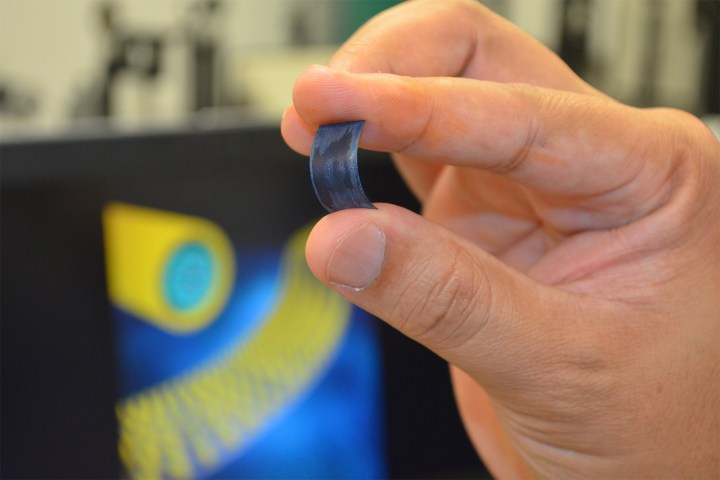
If successful, the research could mean the development of super fast-charging batteries that could last a whopping 20 times as long as today’s lithium-ion batteries. In other words, you could charge your phone in only a few seconds and not need to charge it again for an entire week, according to postdoctoral associate Nitin Choudhary, in a report from Engadget.
The reason that supercapacitors can be charged so quickly is that they store electricity on the surface of a material, instead of having to store it through chemical reactions, as happens in lithium ion batteries. Those material sheets can hold a ton of electrons.
Much of the research with batteries involves using graphene. However, the team at UCF chose to go a different route — it wrapped 2D metal materials, which are only a few atoms thick, around tiny conductive wires, which essentially allows electrons to pass from the core to the shell quickly and easily. The result was a fast-charging material with a lot of energy and power density.
It’s important to note that the research is still in early development and it is nowhere near ready for commercialization just yet, however it certainly looks promising. Currently, the tech is just a proof of concept and the team behind it is now figuring out the best way to patent the tech. While it could go nowhere, like a lot of other battery ‘breakthroughs,’ we could also hear a lot more about supercapacitor research in the near future.



